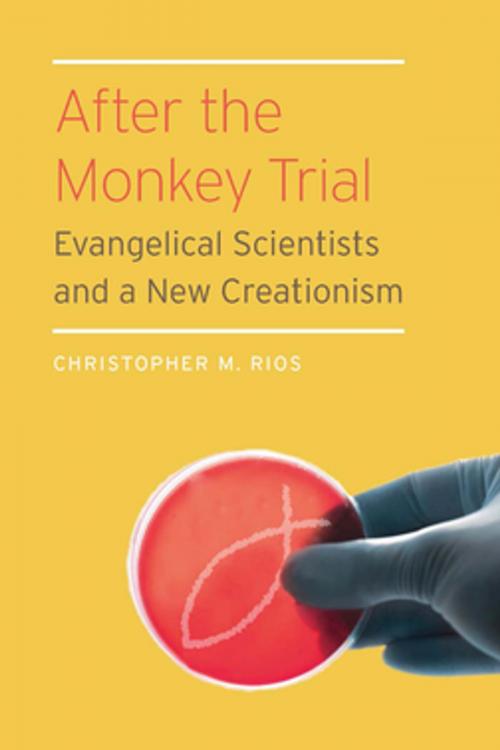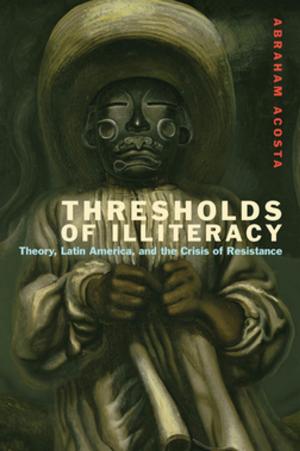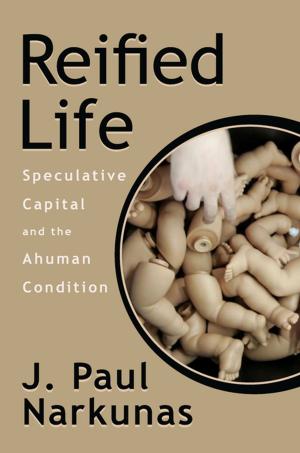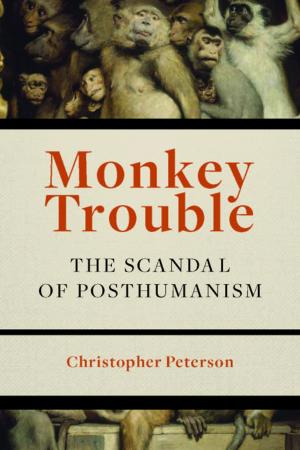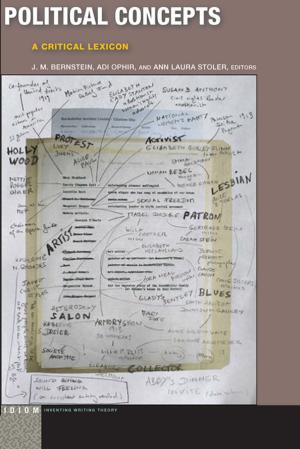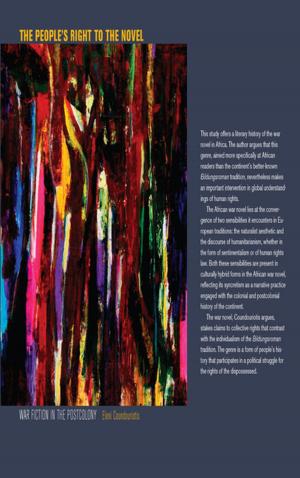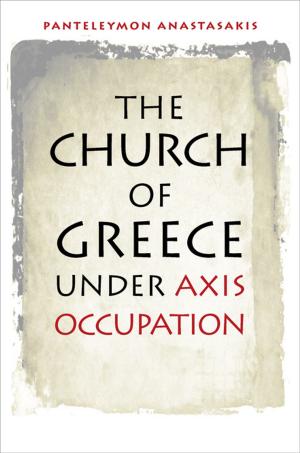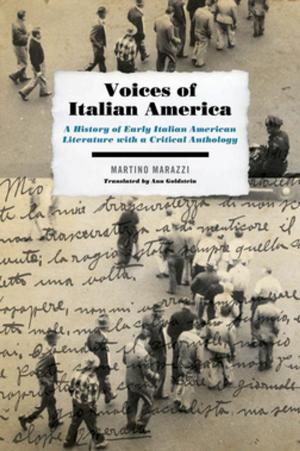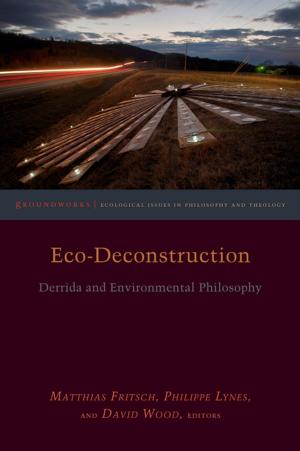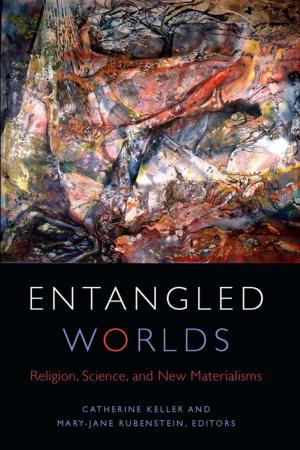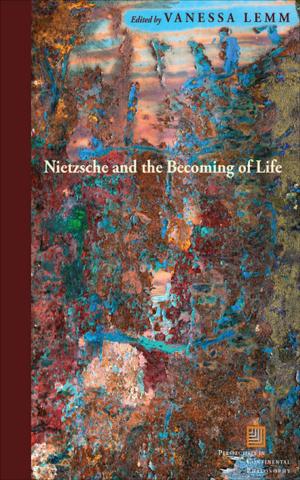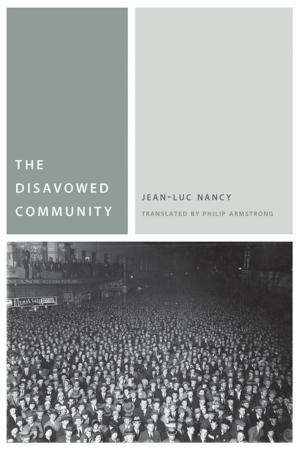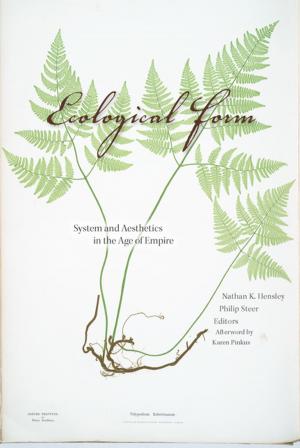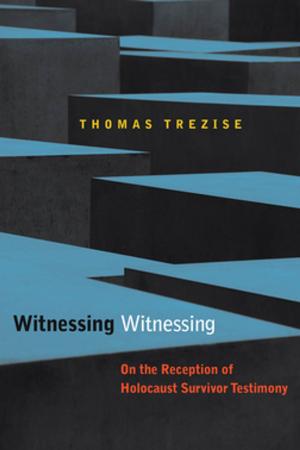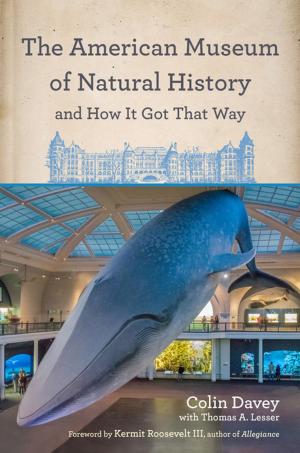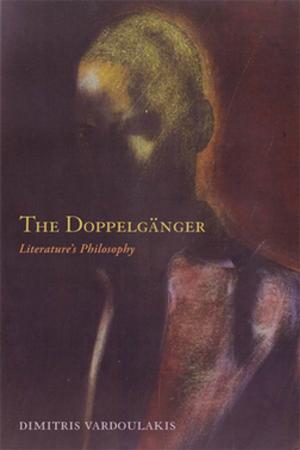After the Monkey Trial
Evangelical Scientists and a New Creationism
Nonfiction, Religion & Spirituality, Christianity, Evangelism| Author: | Christopher M. Rios | ISBN: | 9780823256693 |
| Publisher: | Fordham University Press | Publication: | August 28, 2014 |
| Imprint: | Fordham University Press | Language: | English |
| Author: | Christopher M. Rios |
| ISBN: | 9780823256693 |
| Publisher: | Fordham University Press |
| Publication: | August 28, 2014 |
| Imprint: | Fordham University Press |
| Language: | English |
In the well-known Scopes “Monkey Trial” of 1925, famously portrayed in the film and play Inherit the Wind, William Jennings Bryan’s fundamentalist fervor clashed with defense attorney Clarence Darrow’s aggressive agnosticism, illustrating what current scholars call the conflict thesis. It appeared, regardless of the actual legal question of the trial, that Christianity and science were at war with each other. Decades later, a new generation of evangelical scientists struggled to restore peace. After the Monkey Trial is the compelling history of those evangelical scientists in Britain and America who, unlike their fundamentalist cousins, supported mainstream scientific conclusions of the world and resisted the anti-science impulses of the era. This book focuses on two organizations, the American Scientific Affiliation and the Research Scientists’ Christian
Fellowship (today Christians in Science), who for more than six decades have worked to reshape the evangelical engagement with science and redefine what it means to be a creationist.
In the well-known Scopes “Monkey Trial” of 1925, famously portrayed in the film and play Inherit the Wind, William Jennings Bryan’s fundamentalist fervor clashed with defense attorney Clarence Darrow’s aggressive agnosticism, illustrating what current scholars call the conflict thesis. It appeared, regardless of the actual legal question of the trial, that Christianity and science were at war with each other. Decades later, a new generation of evangelical scientists struggled to restore peace. After the Monkey Trial is the compelling history of those evangelical scientists in Britain and America who, unlike their fundamentalist cousins, supported mainstream scientific conclusions of the world and resisted the anti-science impulses of the era. This book focuses on two organizations, the American Scientific Affiliation and the Research Scientists’ Christian
Fellowship (today Christians in Science), who for more than six decades have worked to reshape the evangelical engagement with science and redefine what it means to be a creationist.
